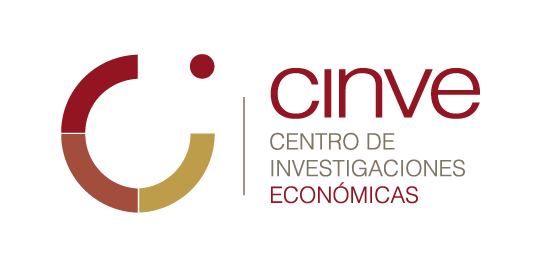Denise Vaillant, María Ester Mancebo, Cecilia Llambí, Leticia Piñeyro y Gabriela González. GDN Working Paper No. 85, September 2013. Global Development Network.
This research is based on an international comparative study that sought to analyze the effects of educational governance on the quality of basic education in two Latin-American countries: Uruguay and Chile. Educational governance is operationalized using four factors: (i) decentralization, (ii) accountability, (iii) provision and financing, and (iv) incentives. The comparison between Chile and Uruguay is extremely relevant as the relative similarity between the two countries in terms of their educational achievements allows for comparisons beyond the specific national contexts while accounting for possible path dependency on national and historical factors. Through the use of a mixed-methods approach — using statistical techniques and approximately 60 semi-structured interviews with different key players in the education field — the study illuminates some very interesting mechanisms through which governance has influence on quality. The main findings are that, contrary to some assertions made by policymakers, institutional arrangements matter but a) they are not the main explanatory variable and b) when they matter, they do so in a multi-directional way. The study finds that the association between governance variables and results, as measured in PISA explains a very small portion of the differences in achievement results in the two countries. We estimated that greater autonomy in the allocation of resources and in publishing the results accounts significantly for the differences in mean scores. Additionally, the study finds that the relationship between the differences in governance and outcomes for these two countries is mostly mediated through an intermediate output variable: school progression. Thus, school progression in secondary education largely explains the differences in outcomes between Uruguay and Chile.
